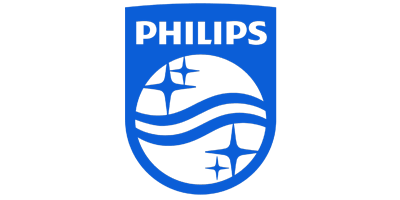Pitt Innovation Challenge 2018

The Pitt Innovation Challenge (PInCh ®) 2018 focused on generating creative, personalized solutions to address problems associated with human performance.
Teams entered the challenge by submitting a two-minute video explaining their idea to improve human performance. Advancing teams submitted a three-page project proposal and budget for round two. Proposals were reviewed by a team of experienced reviewers with expertise and background in areas including clinical medicine, basic and clinical research, and innovation. Finalists selected for round three submitted a response to reviewer comments, made revisions, and prepared a pitch.
Six finalists were selected to compete for $100,000 in awards and pitch to a live judging panel and audience. Eight additional finalists were invited to compete for $25,000 during a poster session at the final event on September 26, 2018. Each of the winning teams received an award for direct costs and project management support from the Clinical and Translational Science Institute (CTSI) to take the team’s solution one step farther along the path of development.
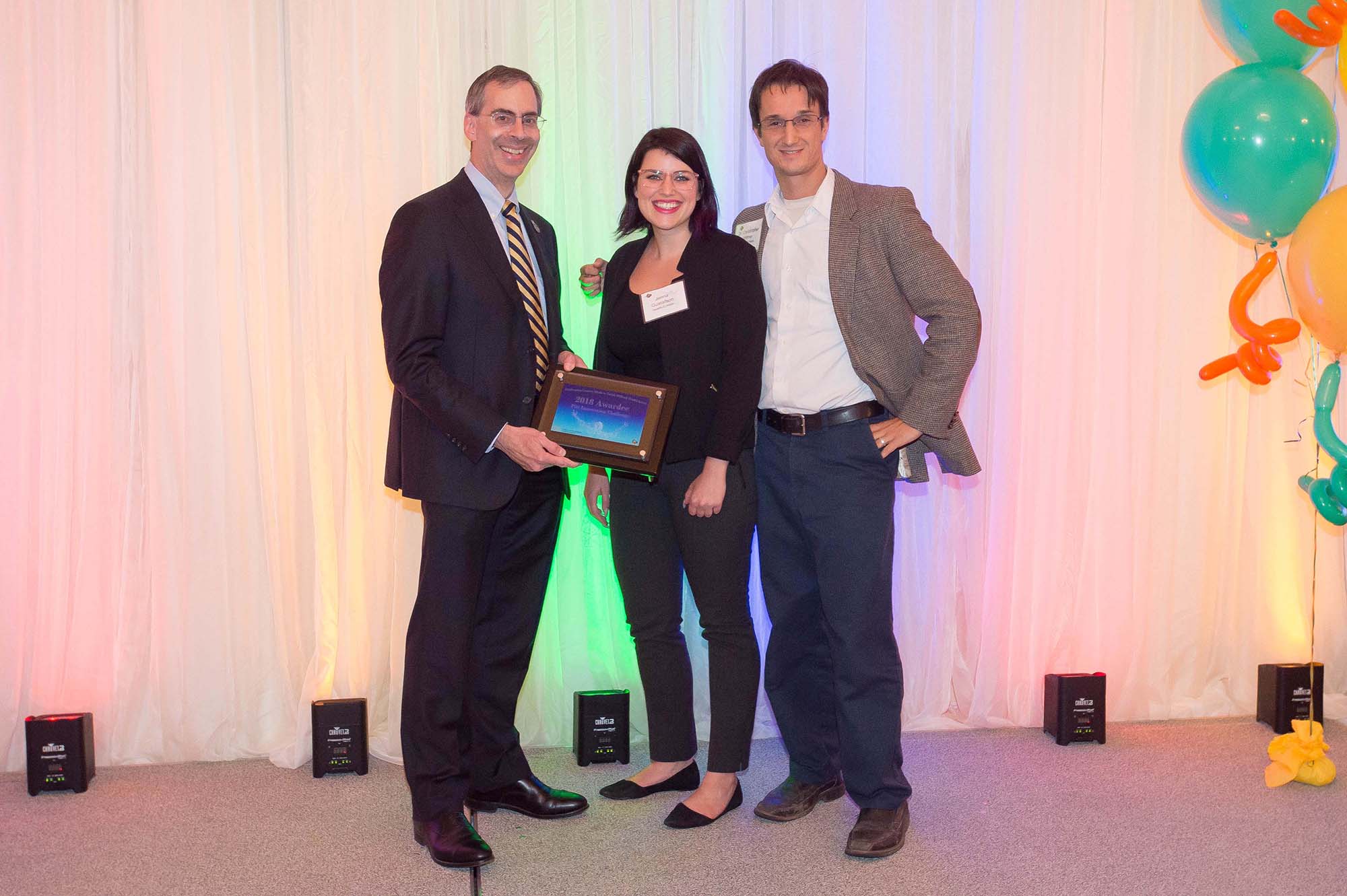
Team Members: Christopher Wilmer, PhD, Jenna Gustafson, Paul Ohodnicki, MS, PhD, and Jagannath Devkota, PhD
Description: Health-E-Nose is a cancer detection and health assessment platform that employs gas sensors to analyze complex gas mixtures in human breath for the presence of disease biomarkers.
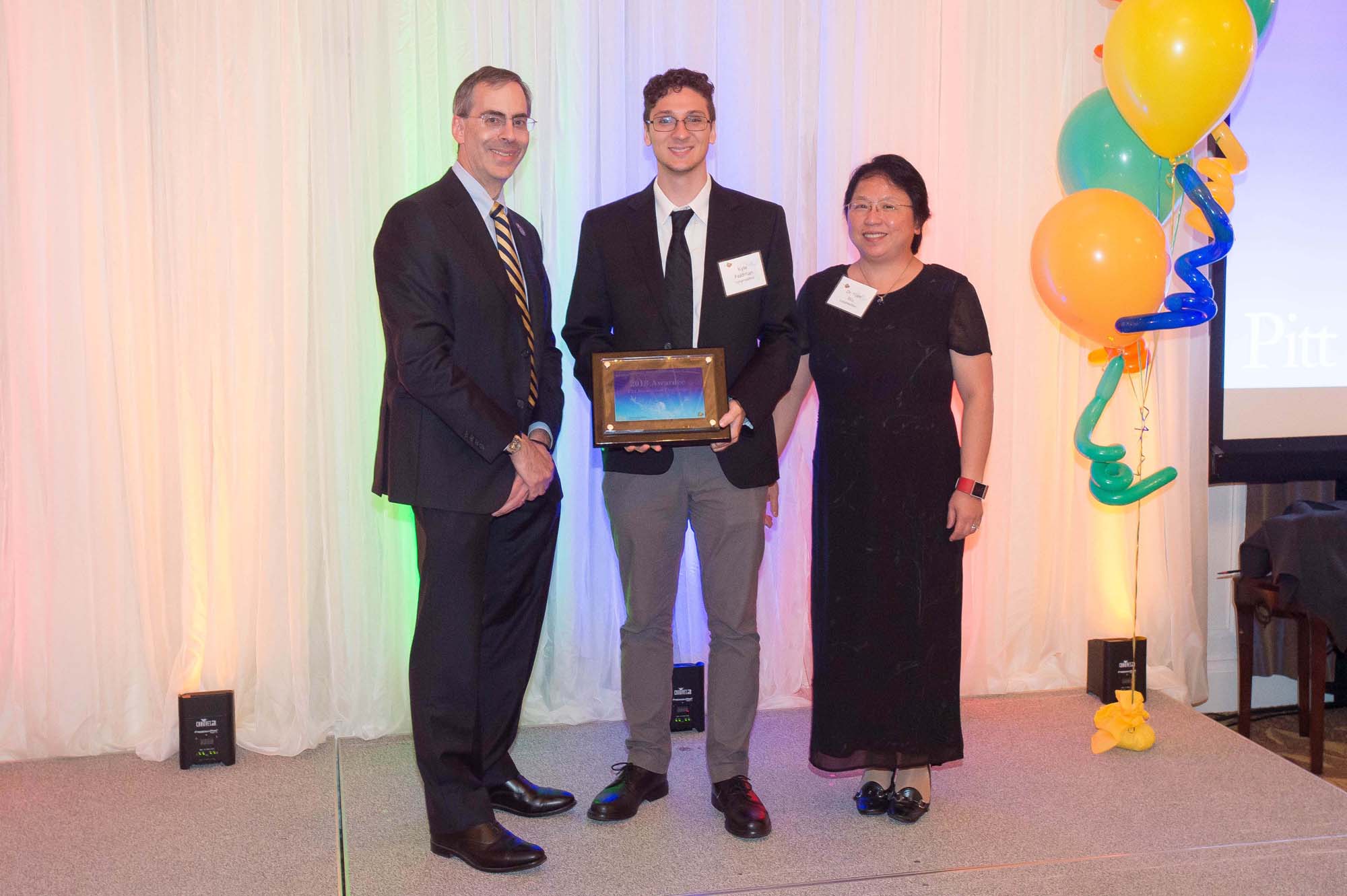
Recipient of $25,000 bonus award
Team Members: Maliha Zahid, MD, PhD, Cecilia Lo, PhD, Yijen Wu, PhD, and Kyle Feldman, BS
Description: A novel method that uses a specific small molecule to target the root cause of Chronic Obstructive Pulmonary Disorder and improve airway mucociliary clearance.
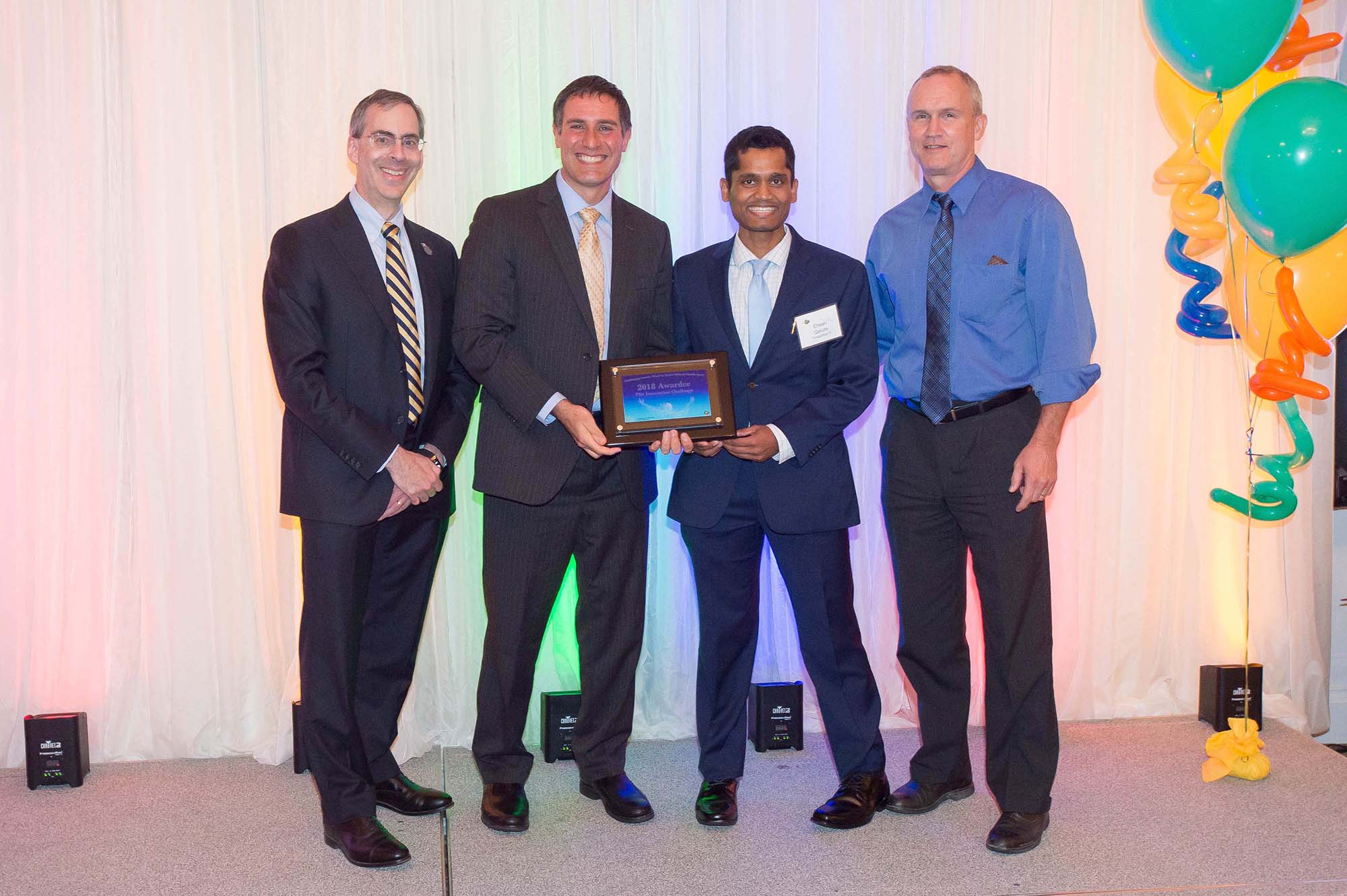
Team Members: Cameron Dezfulian, MD, William Clark, PhD, Ehsan Qaium, Dennis Wist, and Nick Krehel
Description: A modified standard IV catheter connected to a lightweight re-usable detection unit, which measures electrical resistance and signals vessel entry instantly with a light, tone, and vibration.
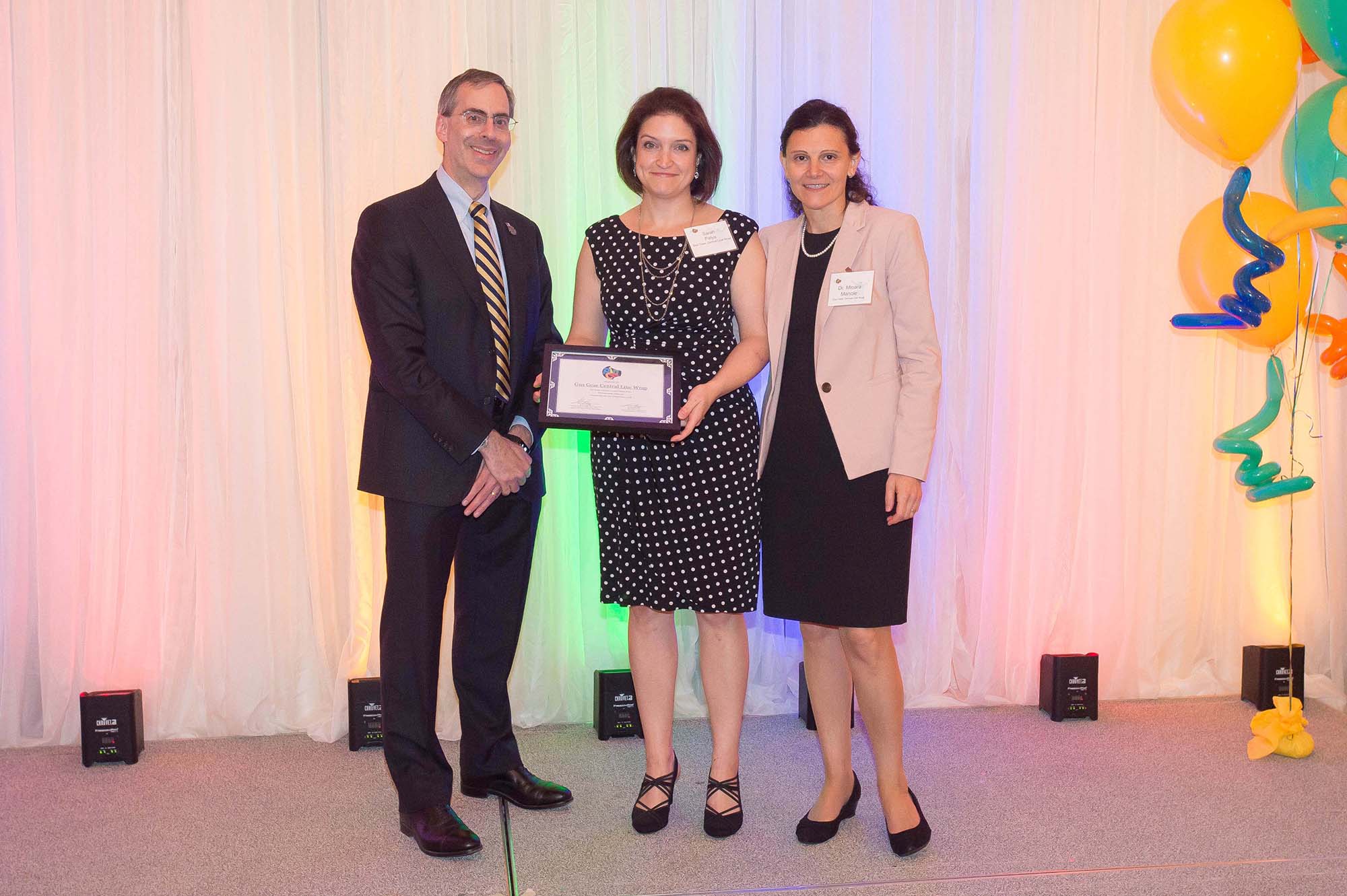
Team Members: Sarah Palya, Mioara Manole, MD, FAAP, Jeffery Rudolph, MD, Kimberly Ackerman, CRNP, BSN, MSN, Dana Tudorascu, Ashton May, and Wendy Mascio
Description: A novel central line wrap that uses a system of locking clips and snap tabs to secure the central catheter and prevent line pulls from damaging the catheter.
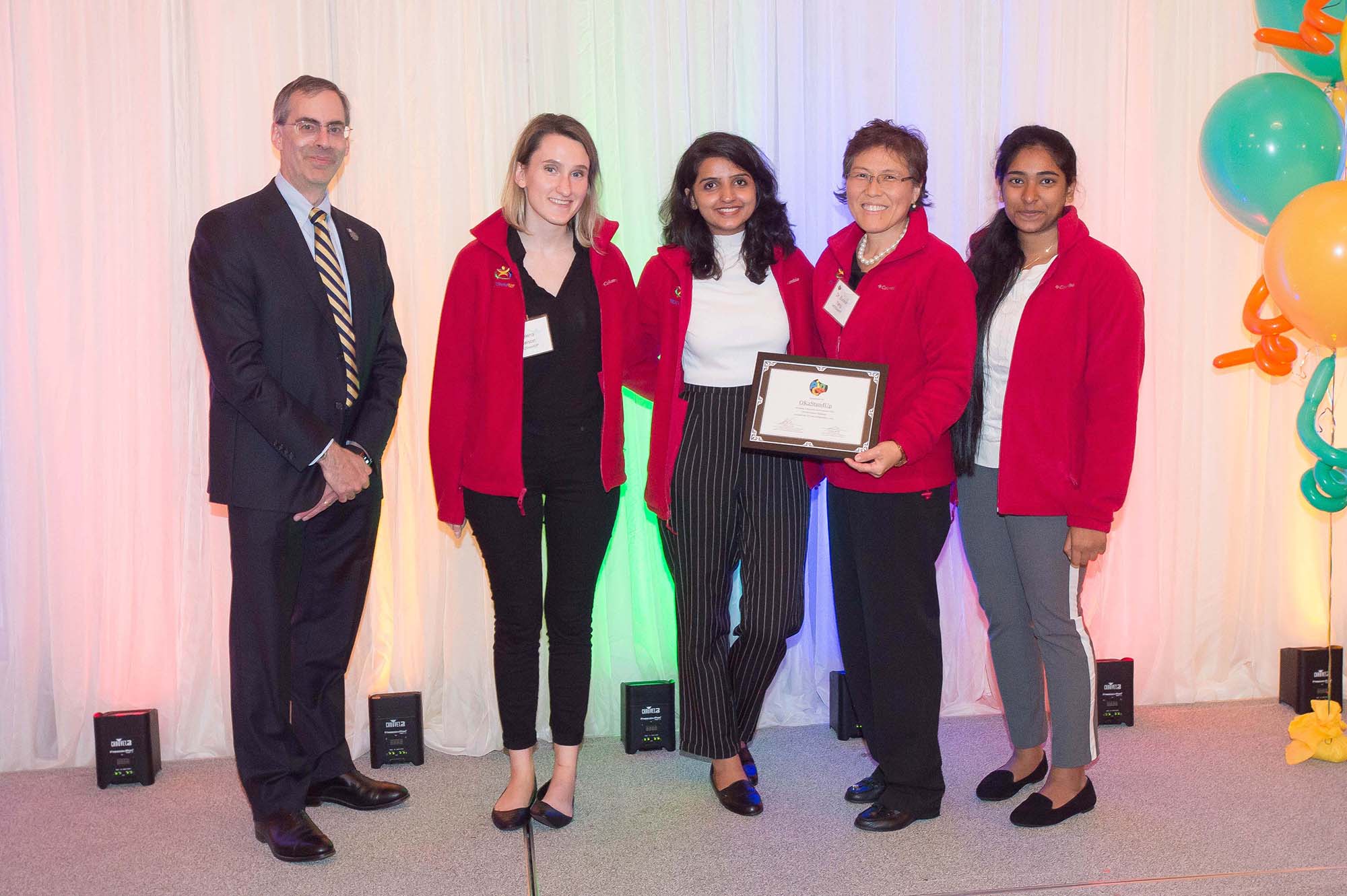
Team Members: Eunice Yang, PhD, Jinal Mistry, Vaidurya Palagudu, Yelena Nelson, and Edwin Kesslak
Description: A personalized alert system to prevent falls related to dizziness consisting of a health monitor, mobile app, and cloud-based predictive analytics software.
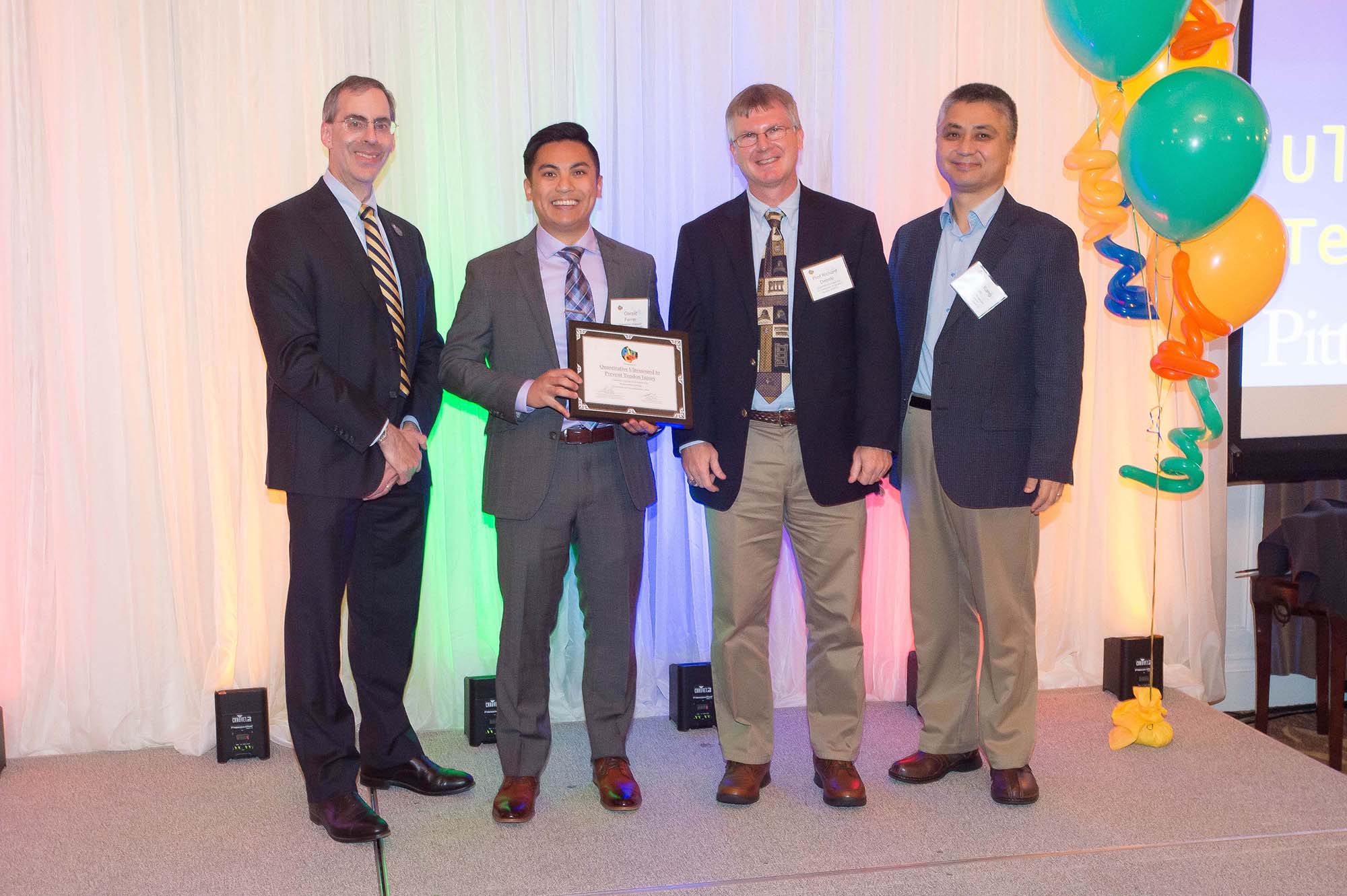
Team Members: Richard Debski, PhD, Kang Kim, PhD, Volker Musahl, MD, and Gerald Ferrer
Description: A novel ultrasound technique to instantly assess location-specific tendon damage and weakening, informing instantaneous clinical or sports decisions.
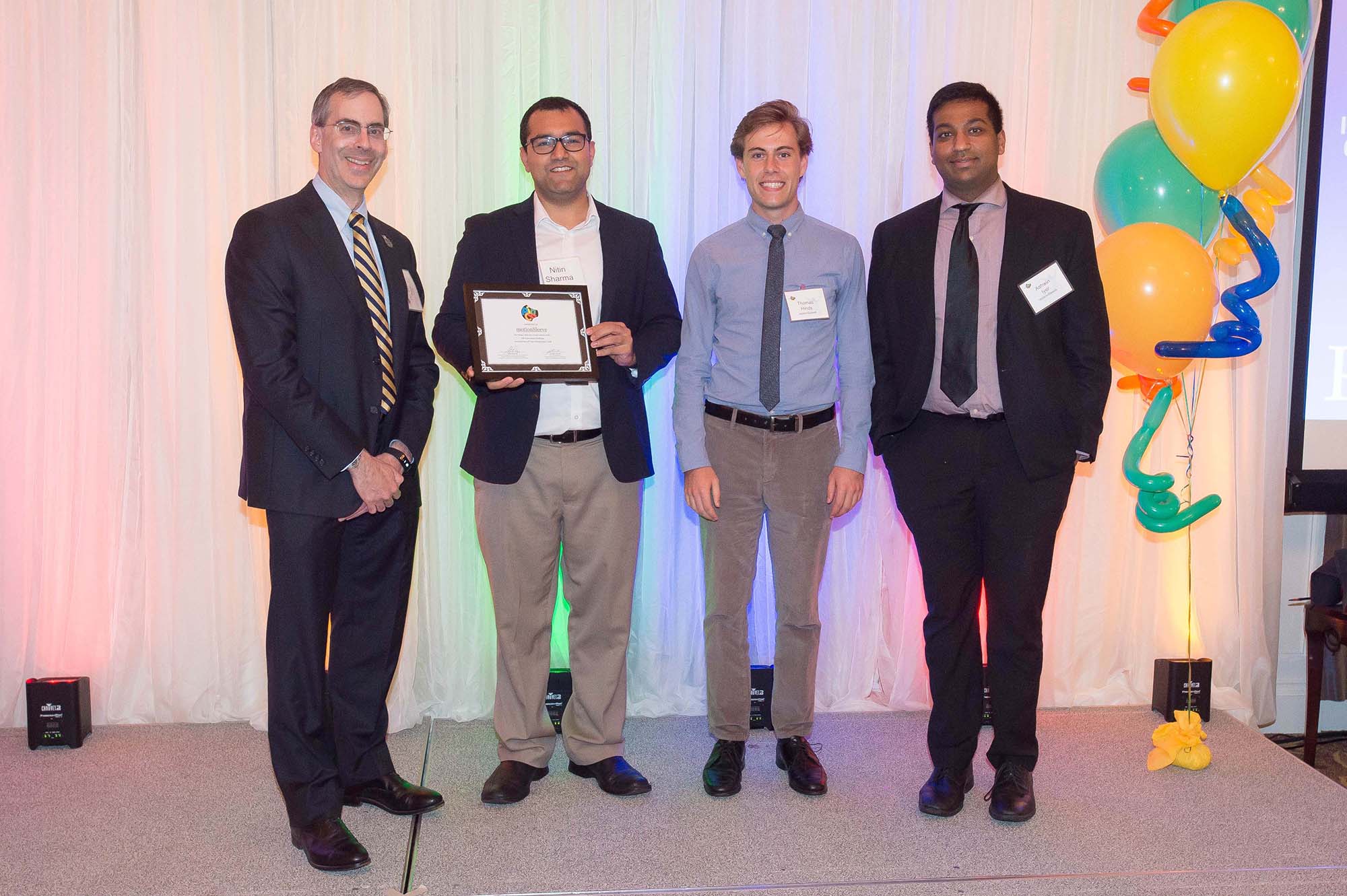
Team Members: Nitin Sharma, PhD, Ashwin Iyer, Kang Kim, PhD, and Thomas Hinds
Description: A wearable device that detects muscle tremors in real-time using ultrasound sensors, then provides muscle stimulation to alleviate the tremor.
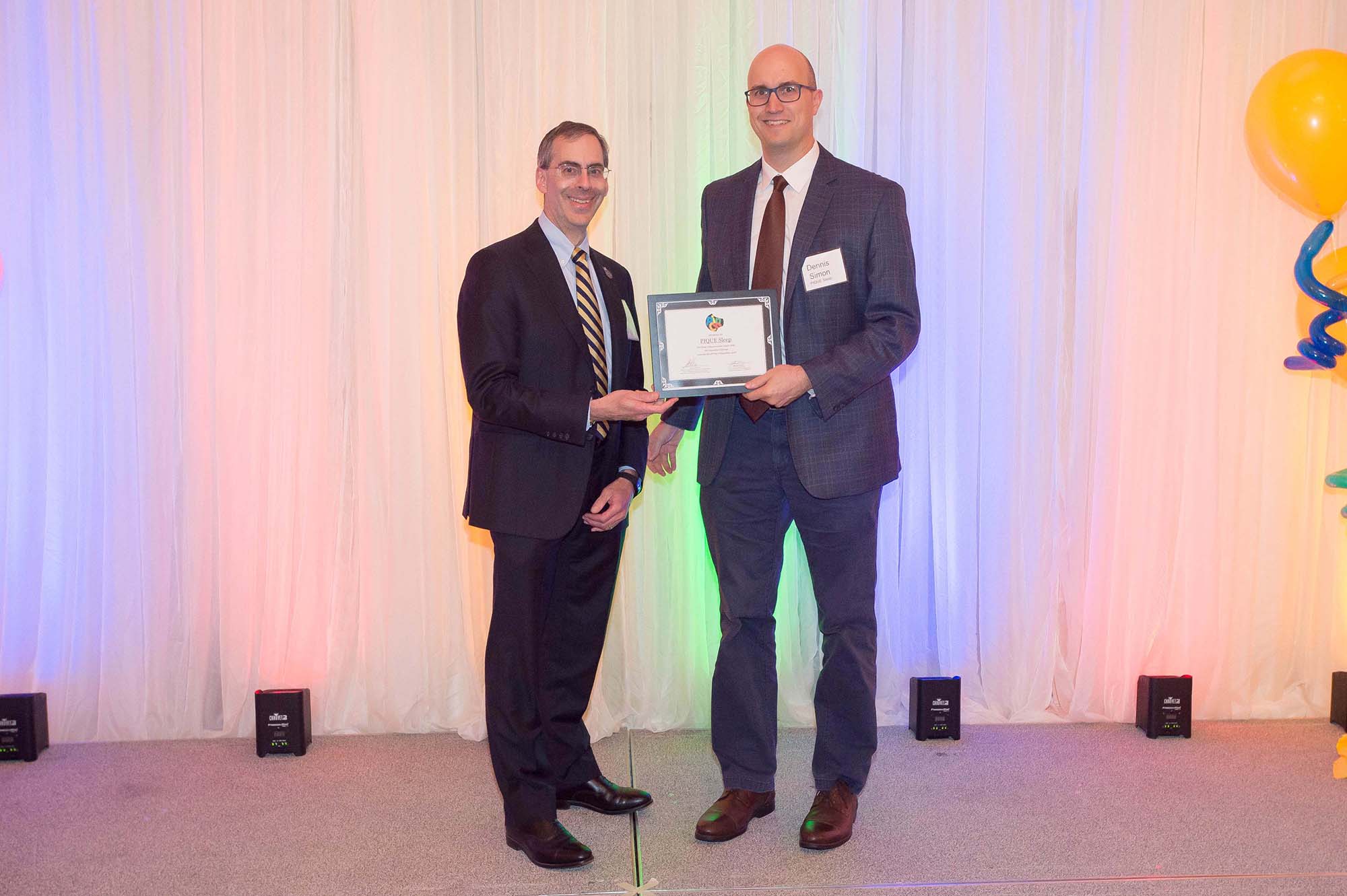
Team Members: Christopher Horvat, MD, MHA, Dennis Simon, MD, Christina Patterson, MD, and Ira Bergman, MD, PhD
Description: An innovative approach pairing quantitative EEG with clinical examination to substantially improving the timeliness and dose selection of sedative analgesic medications for children in the pediatric intensive care unit.
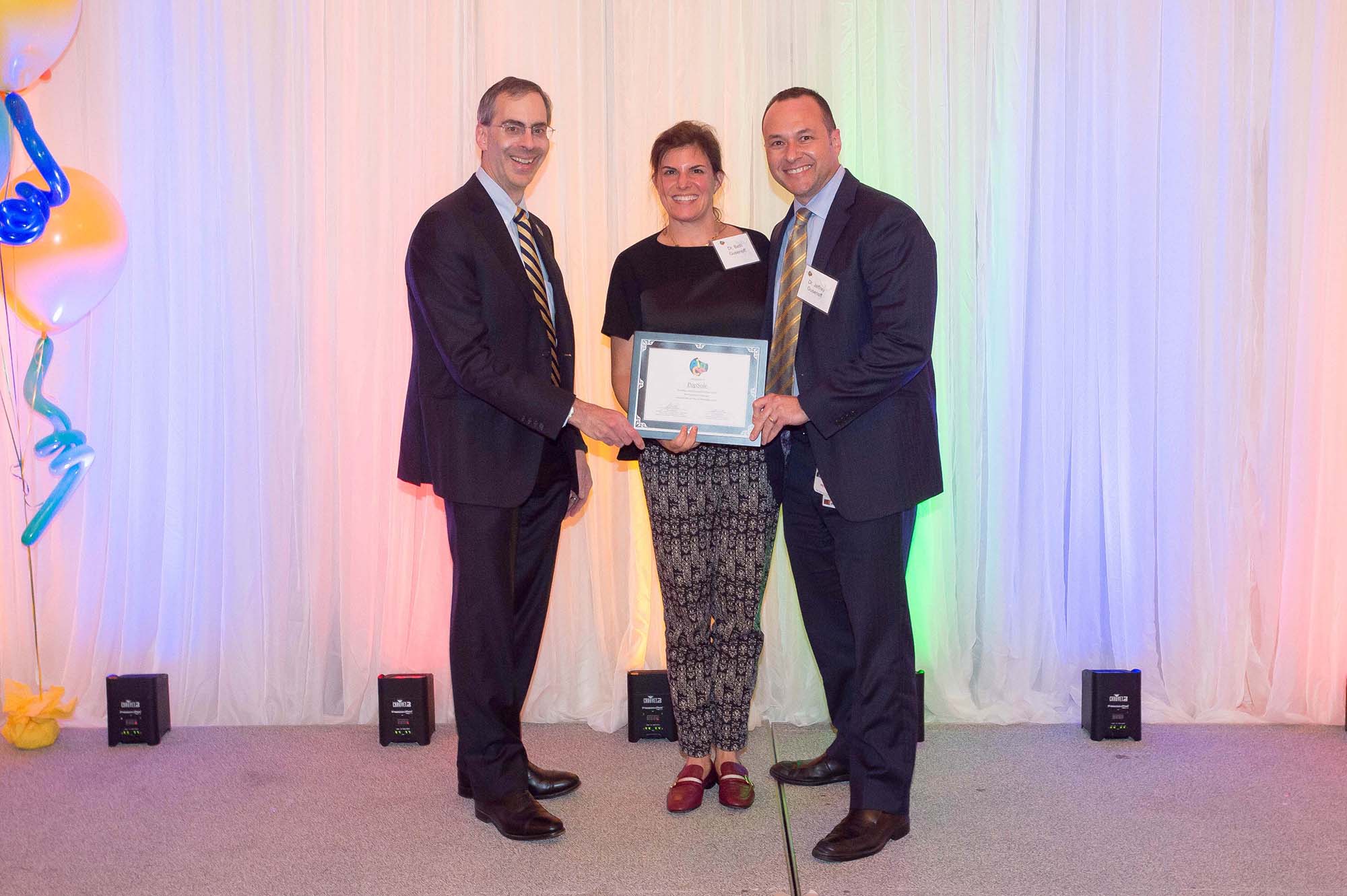
Team Members: Jeffrey Gusenoff, MD, Beth Gusenoff, DPM, MaCalus Hogan, MD, Kentaro Onishi, DO, and William Anderst, PhD
Description: A novel insole designed to reduce post-operative pain, maximize healing, and encourage early ambulation and return to function.
Does your solution to improve human performance involve respiratory health and/or sleep? PInCh 2018 offered a bonus prize of up to $25,000 to funded teams whose solutions specifically address respiratory health and/or sleep.
Respiratory health can be a limiting factor for performance. Although the capacity of the healthy respiratory system in most humans is sufficient to handle the demands associated with ventilation and gas exchange, any disease/disorder impeding proper breathing and respiratory health can have a compromising effect on one’s ability to perform. Some key areas to consider include:
- Daily activities
- Minimizing respiratory impediment
- Optimizing respiratory performance for desired activity levels and quality of life
Sleep is critically important for performance as well as learning and development. Inadequate sleep quantity, and in many cases, quality, can negatively impact decision making, immune function, and physical performance. Some key areas to consider include:
- Alertness
- Responsiveness
- Energy level
- Cognitive ability
*Bonus Award sponsored by
